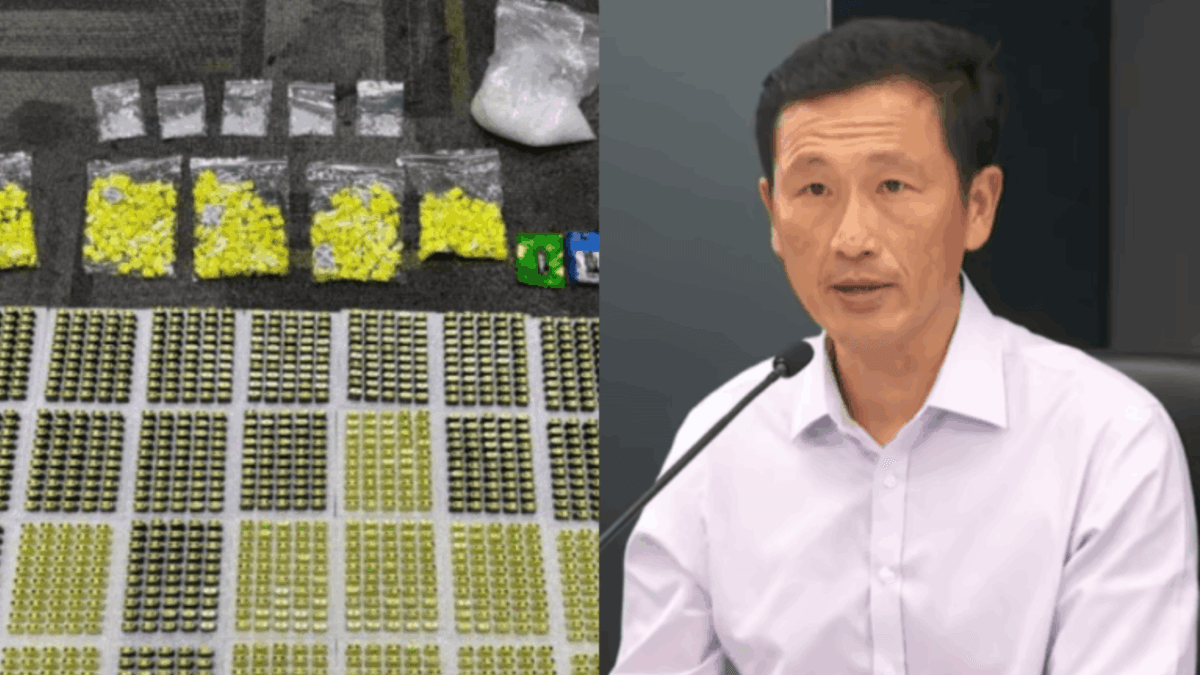Singapore to classify etomidate as class C drug amid rising vape misuse
Singapore will list etomidate as a Class C controlled drug under the Misuse of Drugs Act from 1 September 2025 following its increasing abuse via e-vaporisers known as Kpods. Health Minister Ong Ye Kung highlighted that illegal possession, use, or trafficking of etomidate carries severe penalties, including up to 10 years’ imprisonment and caning. The move aims to curb health risks and covert use among youth.

- Etomidate, previously a prescription-only anaesthetic, will be reclassified as a Class C drug due to rising misuse in vape devices.
- Illegal use or trafficking now carries harsher penalties, with enforcement measures targeting covert abuse among youth and young adults.
SINGAPORE – Singapore will list etomidate as a Class C controlled drug under the Misuse of Drugs Act (MDA) from 1 September 2025, responding to increasing misuse via e-vaporisers known as Kpods. The announcement was made by Health Minister Ong Ye Kung on 24 August during a community event in Serangoon.
Ong underscored the government’s commitment to tightening enforcement against vape-related abuse, echoing remarks by Prime Minister Lawrence Wong during the National Day Rally.
From anaesthetic to illicit vape substance
Currently, etomidate is a prescription-only anaesthetic regulated under the Poisons Act, medically approved for intravenous use in clinical procedures. However, illicit sellers have repurposed it for abuse via vape devices, prompting authorities to introduce stricter regulation.
The use, possession, and sale of e-vaporisers have been illegal in Singapore since 2018 as part of broader efforts to prevent nicotine addiction and curtail potential gateway behaviours toward drug use, particularly among young people.
Stricter penalties under the MDA
With the reclassification, individuals found in possession or using etomidate illegally may face up to 10 years’ imprisonment, a S$20,000 fine, or both. Traffickers risk up to 10 years in jail and five strokes of the cane. These penalties are significantly higher than those under the Poisons Act, which allows a maximum of two years’ imprisonment and a S$10,000 fine for similar offences.
Health risks of etomidate misuse
Etomidate abuse via Kpods has been linked to severe health outcomes, including seizures, breathing difficulties, psychosis, and muscle spasms. Ong confirmed that several deaths in Singapore have been connected to its misuse.
Approximately one-third of vape devices seized and tested during recent enforcement operations contained etomidate, raising concerns about widespread covert use. Authorities note that online sellers are marketing these products as undetectable in standard urine drug tests, heightening risks among youth and young adults.
Medical perspective and regulatory context
While etomidate has clinical applications, inhalation through vape devices is particularly hazardous and medically unsupported. Class C drugs in Singapore, which include substances such as pipradrol and nimetazepam (Erimin-5), are considered less harmful than Class A or B drugs but still require strict regulation.
The MDA also allows for rehabilitation-focused enforcement. Addicts may be mandated to remain in a drug rehabilitation centre for 12 months unless discharged earlier by authorities, reflecting a balance between punishment and treatment.
Government measures and next steps
More details on measures to combat vaping and etomidate misuse are expected during a press conference scheduled for 28 August. Ong, who also serves as Coordinating Minister for Social Policies, emphasised that the government is strengthening enforcement mechanisms alongside the new legislation to ensure public health and safety.







